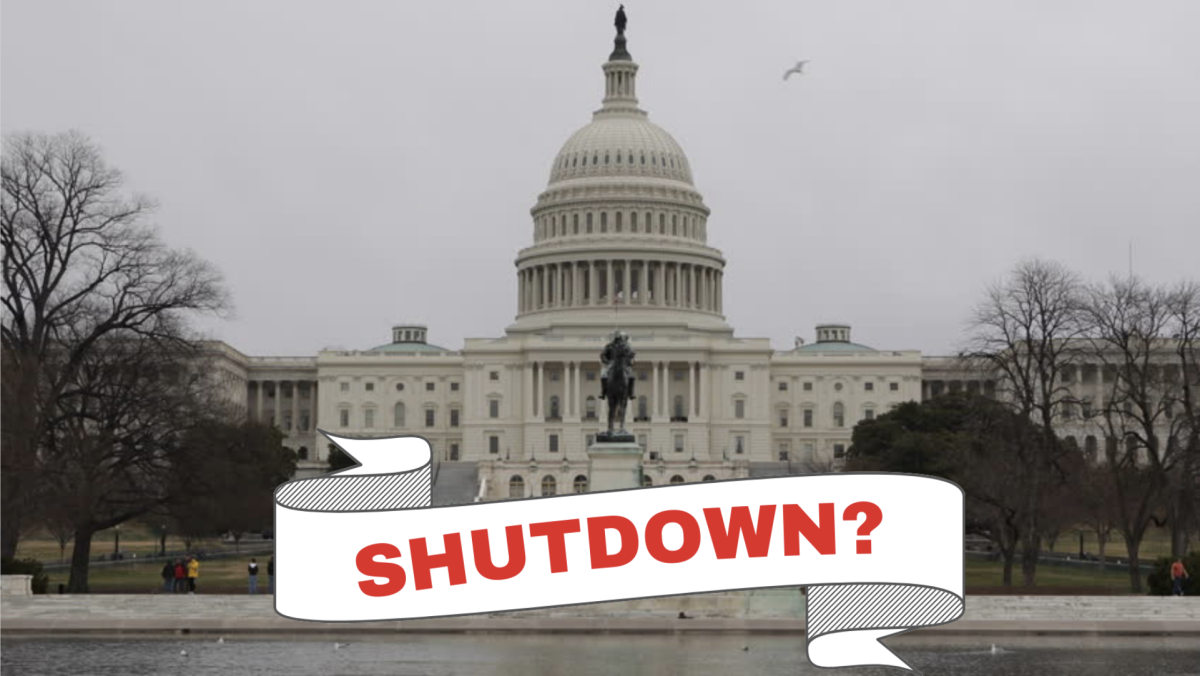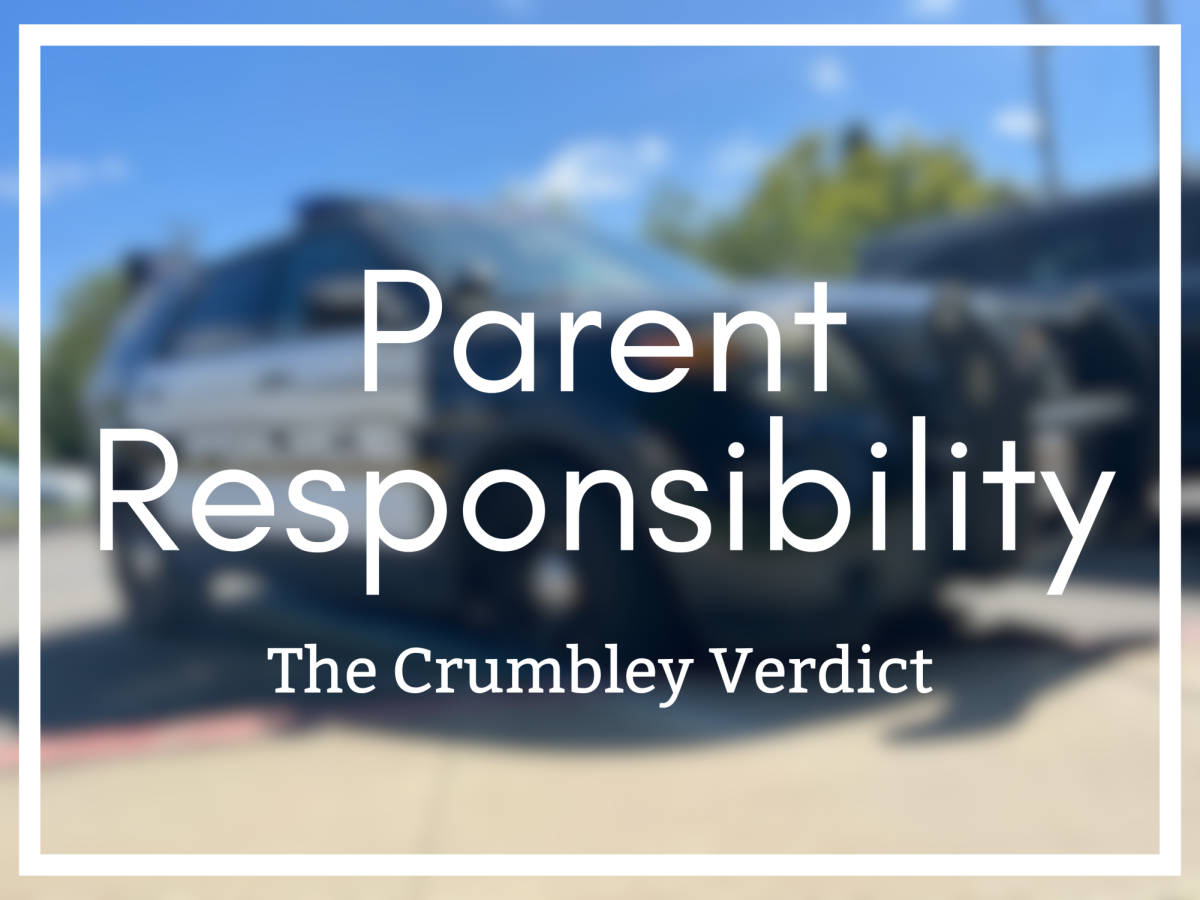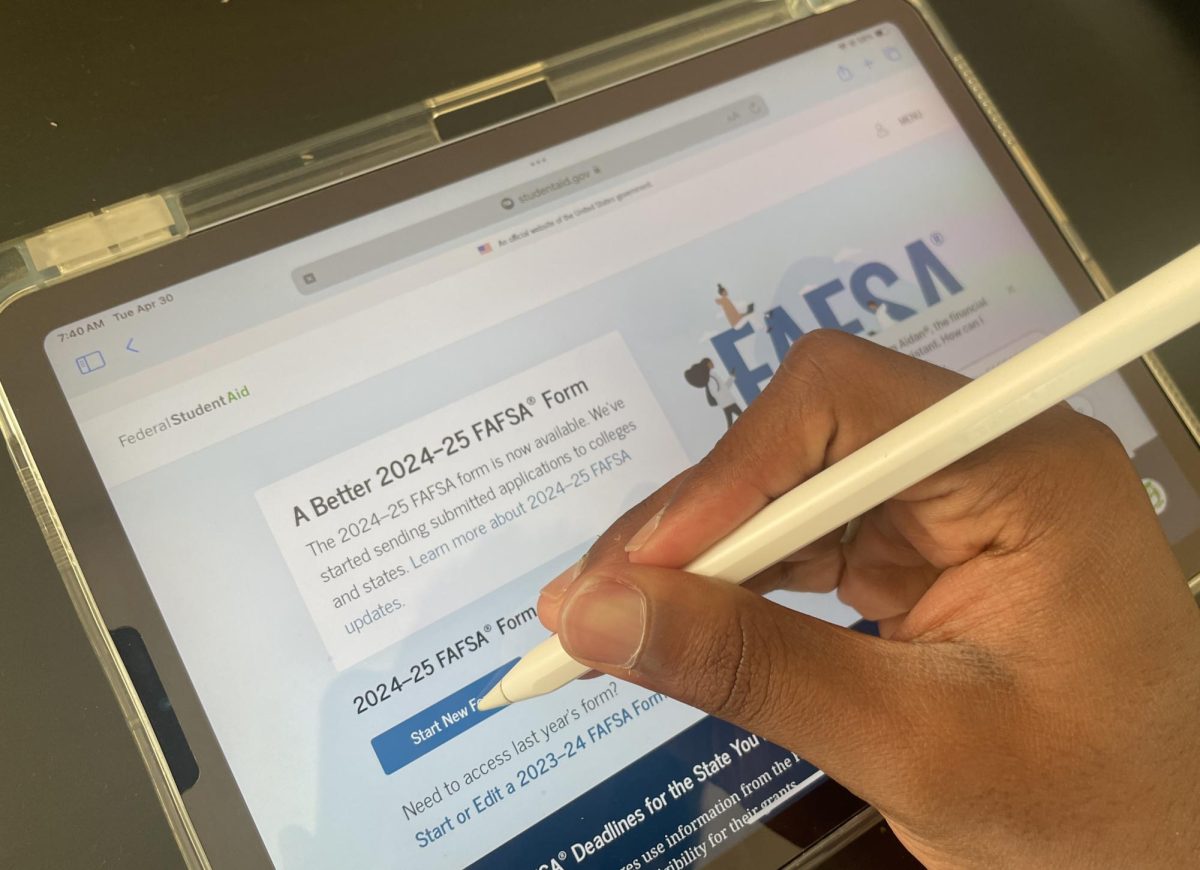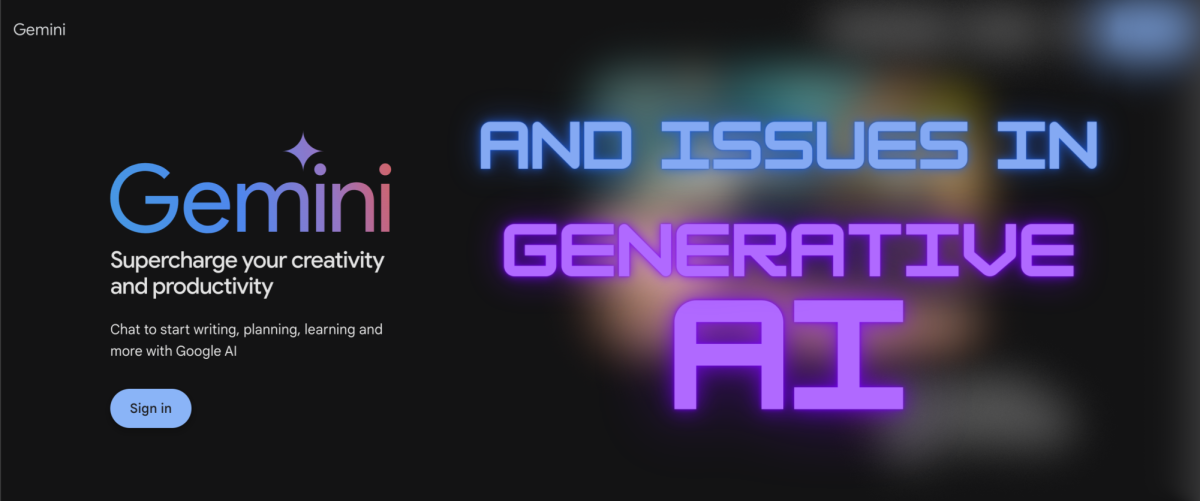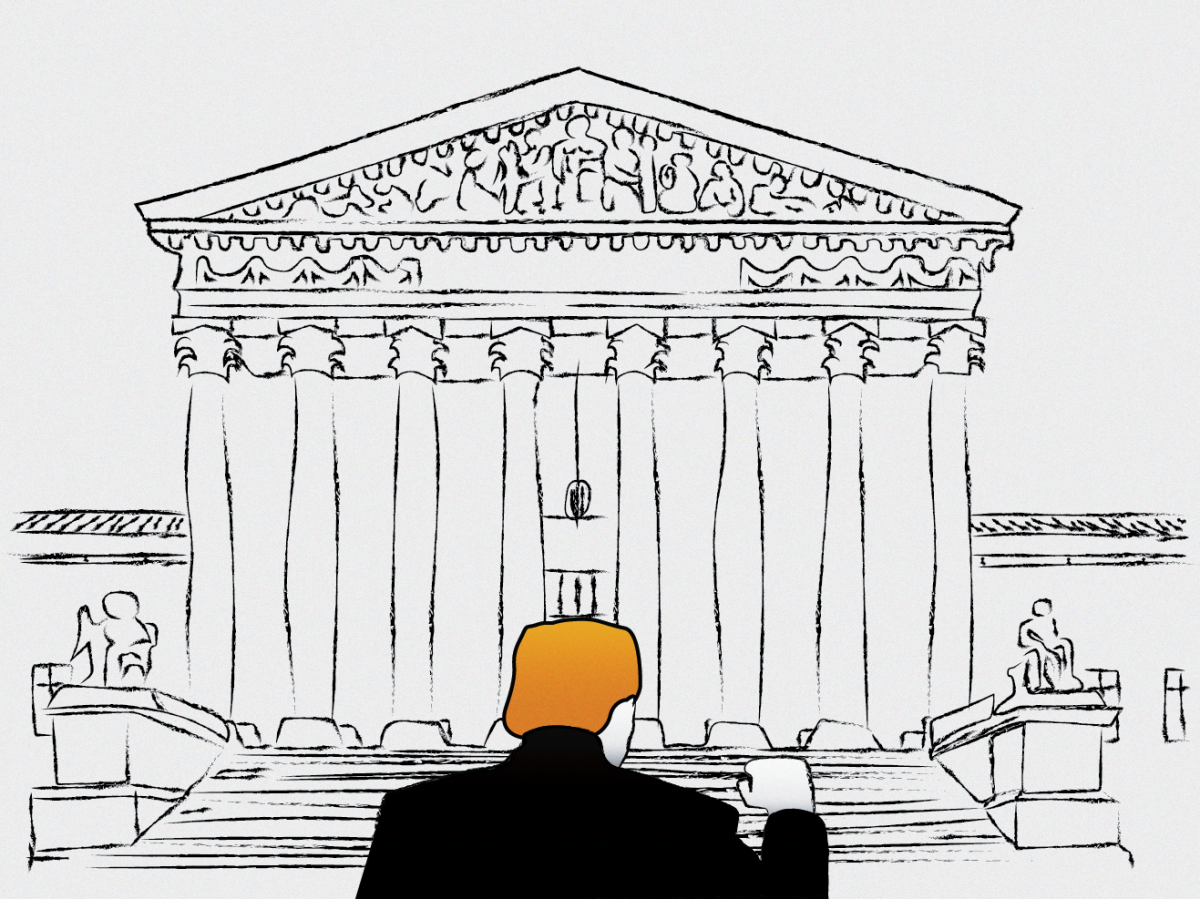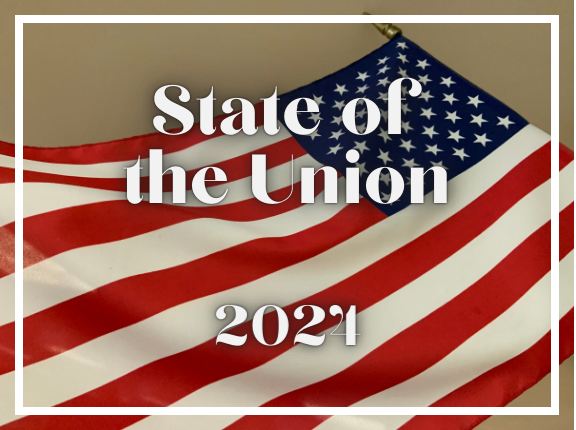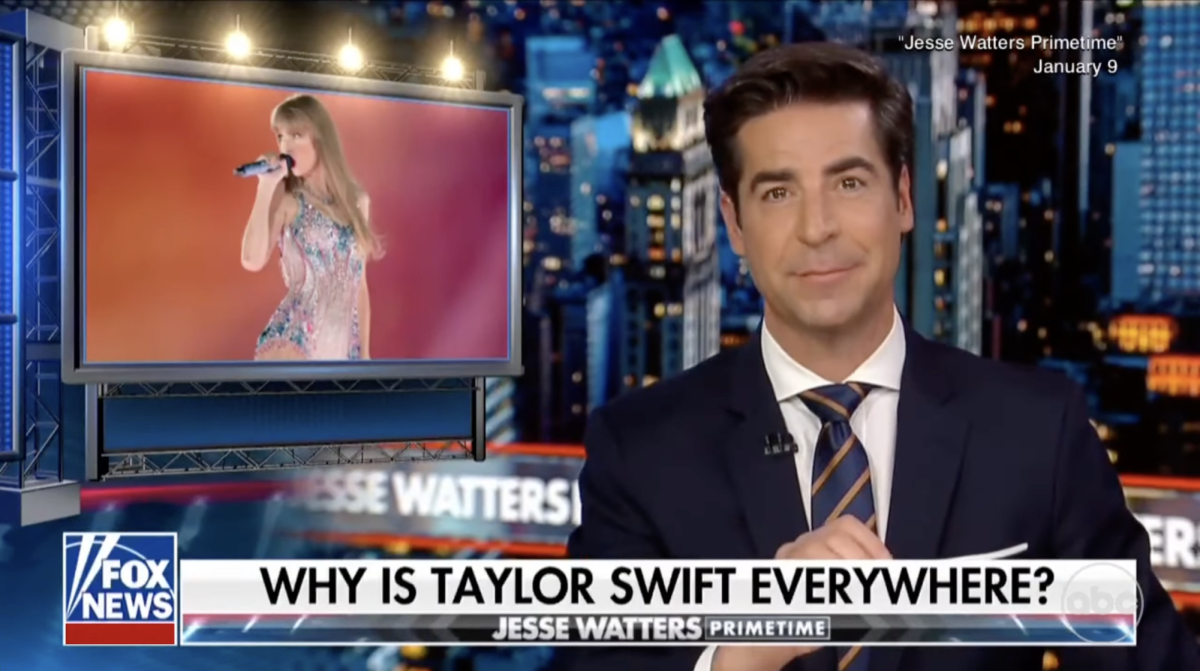Government shutdowns occur when the government is unable to agree on and pass a new bill before the previous one expires. In the case of the most recent possible shutdown, the United States Senate was deciding on how the government should spend its money for the coming year.
Schools and school services would continue as normal. Education is funded by the government, but staff and administrators are funded by the city. Colleges wouldn’t be affected much by a short shutdown, but with a potentially long shutdown, student aid could be postponed, as well as government-funded research.
“If the government did shut down, we in Pleasanton wouldn’t see an instant effect unless there were people that receive government assistant programs,” said AP Government teacher Samual Weaver.
The regular post office would still run as they get no tax dollars to operate. The IRS would stop examining tax returns and responding to questions. Military personnel would not get paid during that period and would get paid after the shutdown is over for the period of time they worked, while members of Congress who were unable to pass a budget causing a Stopgap Spending Bill would still be paid during the shutdown period.
“If the government gets shut down, my mom’s work won’t get any funding. She works at Sandia National Laboratories. She would still go to work, but she won’t get paid,” said Tianna Hekmaty (‘24).
When nonessential personnel are told to stop working for an allotted amount of time and their jobs aren’t being fulfilled, citizens’ needs may become backed up. Many who rely on government aid such as food programs, social security, Medicare, or Medicaid could all be postponed or possibly shut down. Government ID services and federal loans would take longer to occur, but you would still be able to use these services.
“Ideally, it’s not good when the government shuts down because it does mean that some basic services that the government provides stop, like National Parks close with some of the day-to-day functions. Obviously, the big things, the government military and defense, will continue, but people will be working without pay,” said Weaver.
The spending legislation wasn’t finalized by their deadline, so Congress passed the Stopgap Spending Bill. This bill keeps government agencies open for an allotted amount of time. This time, it is 45 days. The stopgap spending bill continues giving those agencies money, the same amount of money that was decided upon last year, until the new amount is decided upon.
If Congress didn’t pass this Stopgap Spending bill, the government would go into a shutdown. There is no way for the government to pay its workers and agencies. This only applies to nonessential personnel such as National Park workers. Law enforcement, military personnel, and federal emergency workers are all examples of essential personnel who would continue to do their jobs during a government shutdown, as they are needed to keep cities functioning and citizens safe.
“My mom’s work would keep doing essential things if necessary. The debt ceiling default would have definitely shut us down due to the government not being able to borrow or spend money,” said Hekmaty.
The last shutdown was for 35 days during the Trump Administration from late December 2018 to January 2019. With only ten shutdowns in United States history, it can be seen that the Senate makes efforts to extend periods to come to a consensus on the disagreed-upon legislation to avoid the consequences of shutdowns.
“Government shutdowns used to be way less frequent; they have been much more frequent within the last 10-15 years as a negotiating tactic,” said Weaver.
Generally, the government is predicted not to shut down and make agreements with the understanding of the consequences a halt would cause. It is also expected that even if the government does come to a shutdown, it would not last long.

